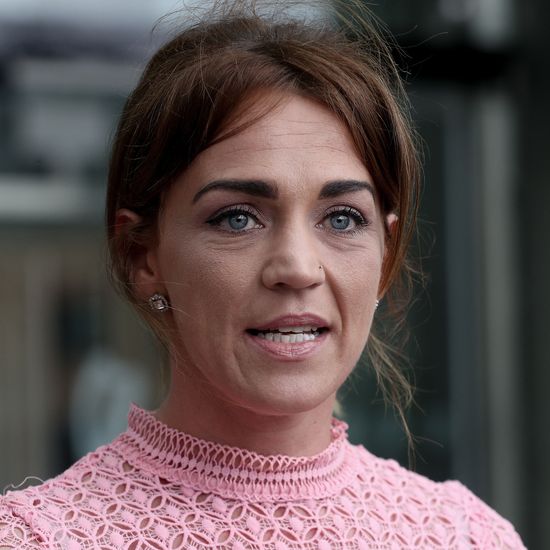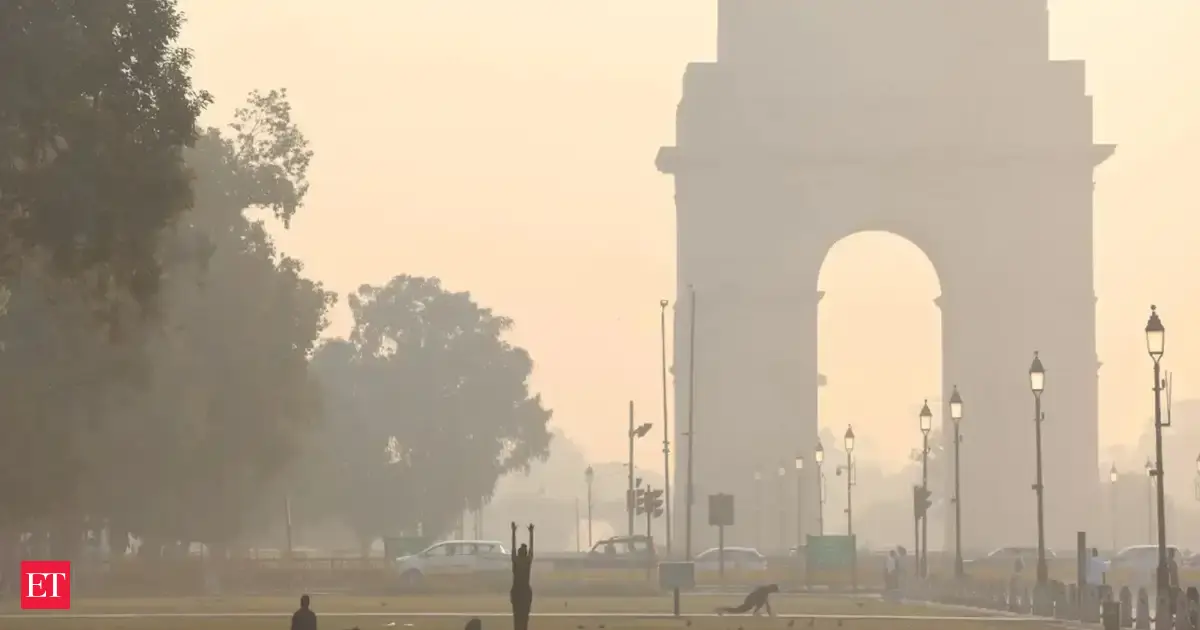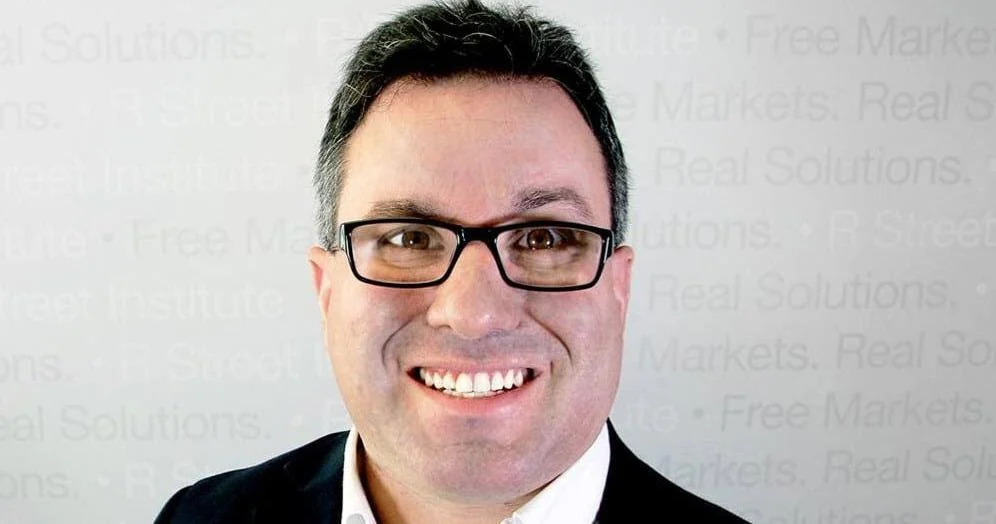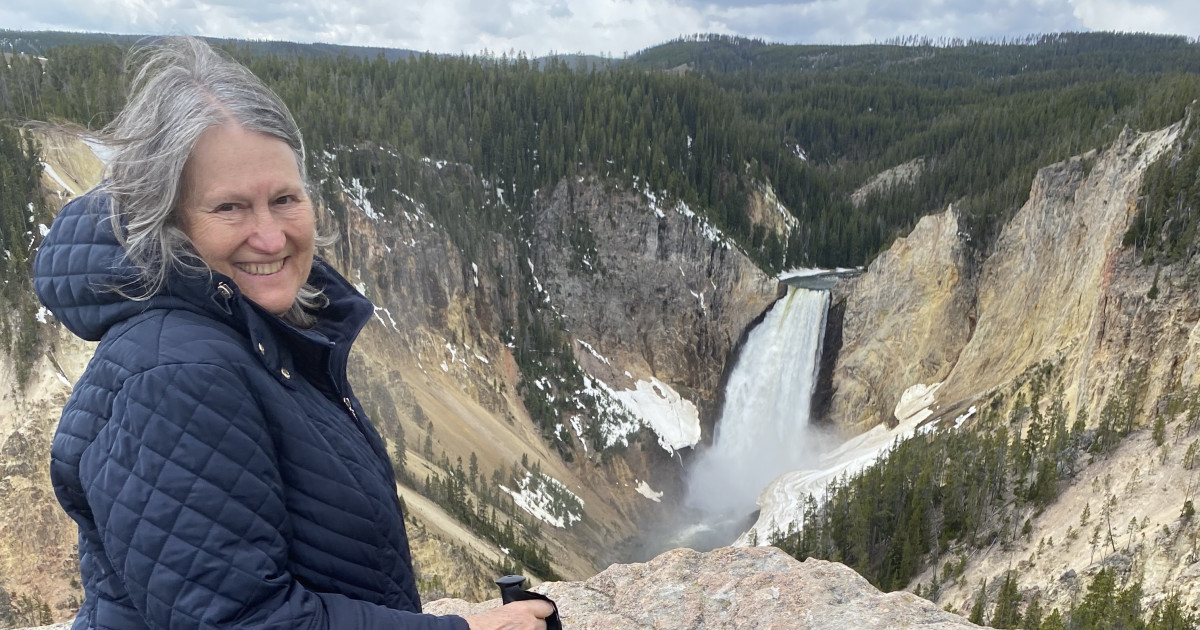Copyright independent

The report from Rape Crisis Ireland (RCI) shows that 20.6pc of the survivors accessing supports at RCI rape crisis centres last year waited more than 10 years before disclosing the abuse to anyone. That included friends or family, a member of the gardaí, a rape crisis worker or another trusted individual. Of those abused as children when they were under the age of 13, and who reported it to gardaí, 45.5pc did not report until more than 10 years after the incident. RCI said 13,098 contacts were made to its seven member rape crisis centre helplines in 2024. A launch of the latest RCI report will be held in Dublin today with Professor Orla Muldoon, of the University of Limerick and Queen’s University Belfast. Prof Muldoon said RCI is right to be highlighting this “disclosure gap”. “Disclosing that you have been a victim of gender-based violence is a serious hurdle for many,” she said. “The stigma surrounding violence serves to silence victims and is a public health and justice concern. It can be seen to sustain the problem.” Activist and podcast host Sophia Murphy, who is a survivor of child sexual abuse, will address the event, sharing how counselling helped her after disclosing the abuse and making a report to gardaí when she was 27. “My counsellor, Sonya, was amazing, she made me feel normal, she made me feel safe,” she said. “I used to run up the stairs every week to tell her how I was doing, to tell her what came up, to tell her how I was feeling. “Every time I went up those stairs, I was taking back control of my life. It was powerful; it really was. If I’d had someone like Sonya in my life at the age of 14, 15 and 16, life would have been very different. I went out into the world at 16 years of age with no self-respect, no boundaries, no self-love. I went into toxic relationship after toxic relationship.” She said rape crisis centres are “so important” and help people to understand trauma, feel normal, safe and loved, and to access support without judgment. RCI executive director Dr Clíona Saidléar said action can be taken to close the disclosure gap by “being there when survivors come forward”. “Demand on services has grown sharply, with a 48pc increase in appointments between 2017 and 2024 across a representative sample of rape crisis centres [RCCs],” she said. “Every investment has helped survivors who once had no one to turn to access support. Yet unmet need remains, with too many still unable to reach the services they need, when they need them. “RCCs now provide support to those on waiting lists – a service that has become core to their work, but one that should never have to exist.” If you have been affected by any of the issues in this article, call the Rape Crisis Centre on Freephone 1800 77 88 88



